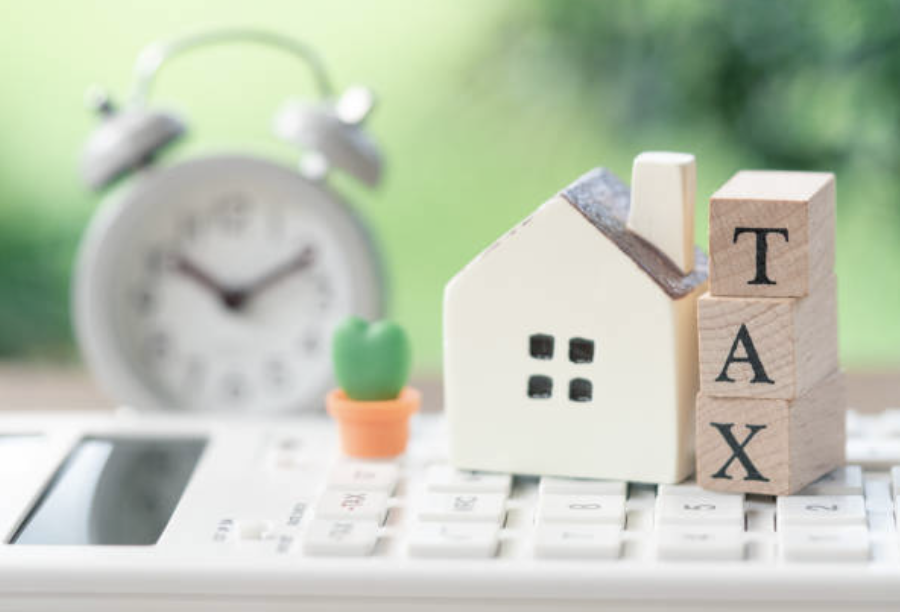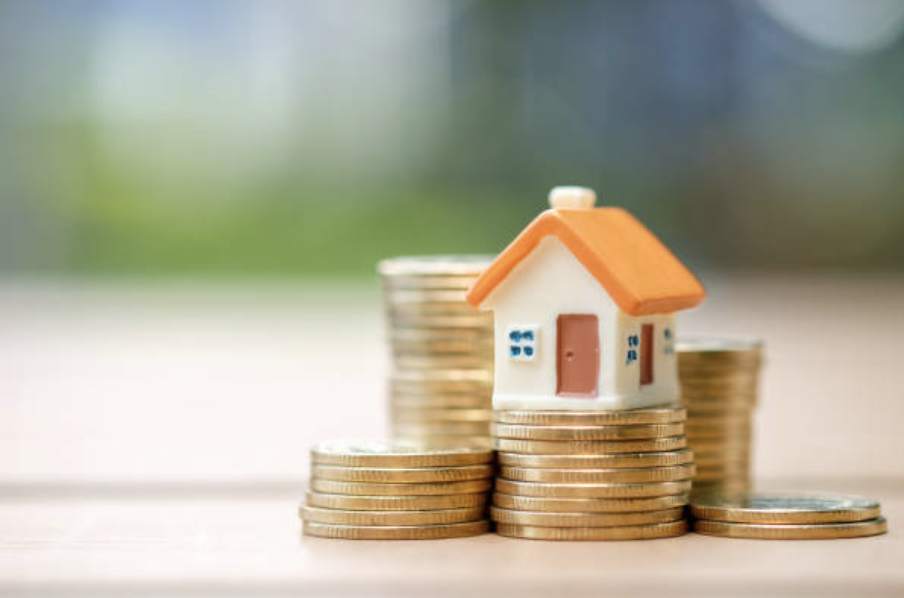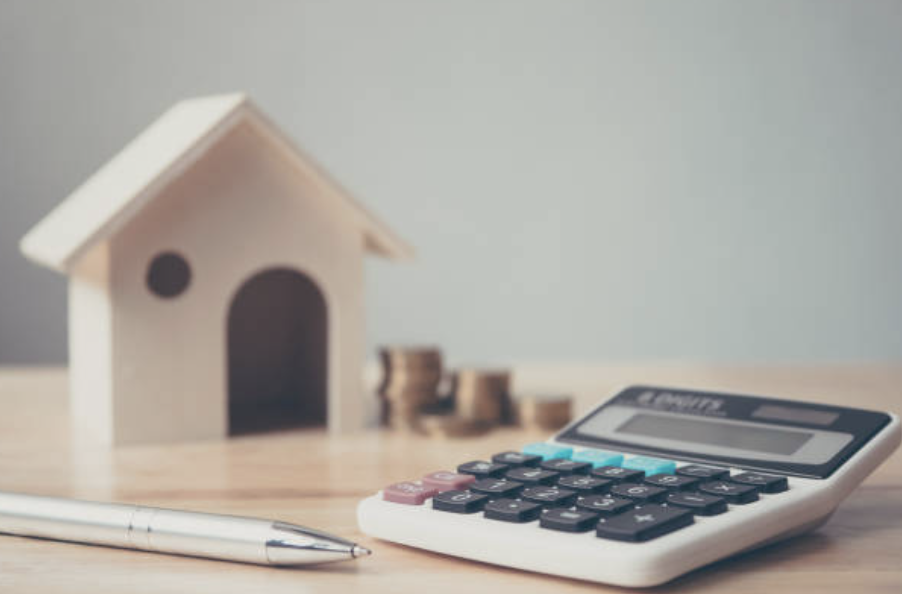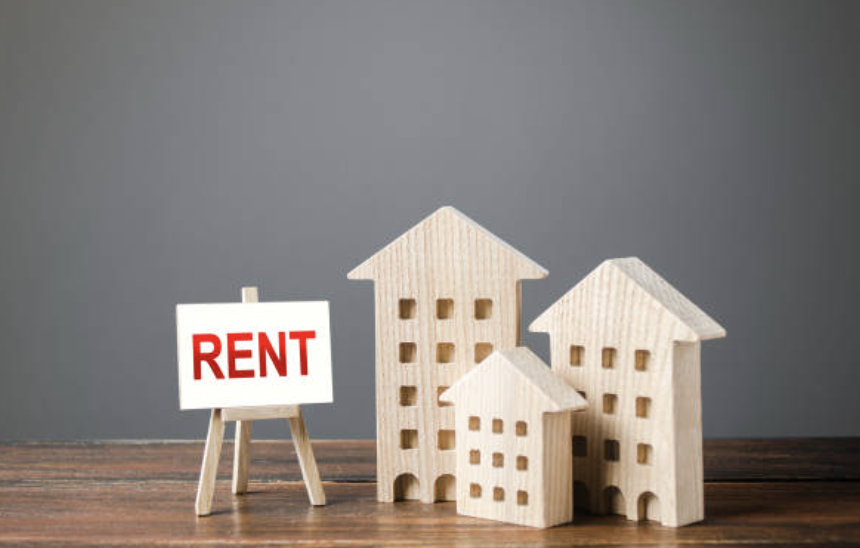Real estate taxes are a significant part of homeownership. Property owners or home buyers can choose to have the mortgage payments statements include the taxes, which the financial institution or the lender can either pay them separately or put in an escrow account. But it is critical to pay the tax return.
Property taxes rely on three factors: location, purpose (buy/sell/rent), and valuation. Buying, selling, renting a property in Canada can be truly rewarding if you thoroughly understand the relevant property taxes.
What are Property Taxes?

You can use the property tax pool to fund public services, such as roads, police, fire stations, schools, garbage collection, snow removal, and more.
The amount of money you pay in property taxes and how often you pay them are determined by the municipal government where you live. Payments can be made on an annual, semi-annually, or quarterly basis.
A breakdown of where your money that you pay as tax is going may be included in your property tax bill. In Toronto, for example, the total property tax comprises three main fees, namely the education tax, city tax, and city building fund.
Different Types of Property Taxes:
1. Property Taxes

If this is your first time buying a home in Canada, you may be eligible for some tax breaks.
Municipalities also levy annual property taxes depending on the home’s assessed value, which is the market value. This municipal tax includes school and other levies.
The current municipal tax rate for certain properties are usually readily available. The new house purchases include the federal GST (Goods and Services Tax). However, if you plan to reside in the home, you can get a partial rebate if you buy a new or builder-renovated property. The GST does not apply to resale homes or homes on sale.
Once a year, the local government and municipalities across the country conduct assessments and then set a property tax rate. This rate is normally between 0.5 and 2.5%. In short, you cannot rely on the size of the property to decide the property taxes solely.
The purchase price or the market value of the property or land is then multiplied by the property tax rate, which can change from year to year according to other house prices nearby.
2. Rental Property Taxes
The Canadian Revenue Tax Act mandates the remittance of 25% of the net rental income each year. You cannot deduct the cost of furniture or appliances for a rental property from the rental income for that year.
Property Tax Rates on Selling Property

If you are a resident of Canada and the Canadian residential property is your principal residence, you will not have to pay any tax on the capital gain when you carry out the selling procedure.
You can tag any residence as a principal residence if you “ordinarily inhabit” it. A family unit can only have one principal residence per year.
For the whole time you owned the house which did not come under capital property, you must prorate the capital gain for the years you didn’t use it as your principal residence.
Any changes in the use, for instance from principal residence to rental residence, may trigger capital gains tax resulting in a “deemed disposition.”
Other Real Estate Investments

REITs must maintain 95 % of their income from passive sources and 75 % of their income from rent and capital gains.
Planning to invest in construction developments requires a lot of toil and understanding a lot of factors. It’s critical to know, as homeowners, the answers to questions related to property tax while preparing for any deal.
This makes it easier for you to plan ahead and have a solid grasp on your financial products and budget. Additionally, this might also assist in avoiding any defaults in case you fail to pay property taxes.
See Precondo for information on pre-construction condos and condo properties for sale.


